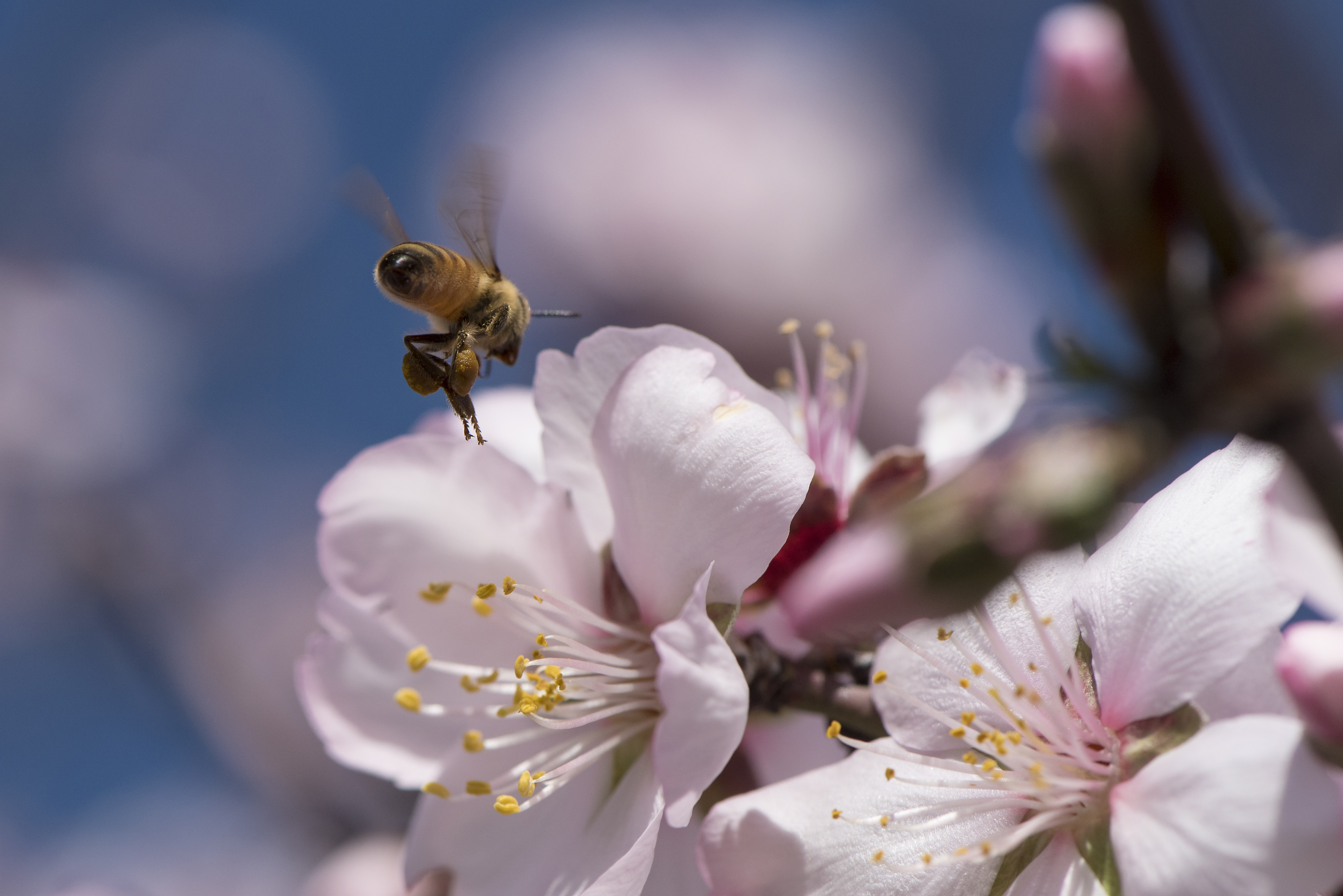Case study
Bee nutrition and stress from disease and pesticides

Pollinators such as bees need an optimum balance of nutrients across the individual and colony life-cycle to support their growth and reproduction. Global environmental changes (land-use, climate, introduction of alien invasive species and pollution) have and continue to result in declines in the diversity and abundance of flowering plants that provide pollinators with pollen and nectar foods and with alterations in their composition and quality. These changes to pollinator nutritional resources in contemporary landscapes may lead to malnutrition of pollinator individuals and colony stress, which in turn may increase their vulnerability to multiple stressors such as pesticides and pathogens. Malnutrition in bees is known to affect bee immune function and potentially the function of enzymes used to break-down toxins in diet, so there is thus a risk that this may exacerbate the individual and combined impact of pesticides and pathogens on bees. Immune system activation has a metabolic cost to the individual, and together with exposure to chemicals and disease, can impair behaviours important in locating floral resources, thereby intensifying the underlying nutritional stress.